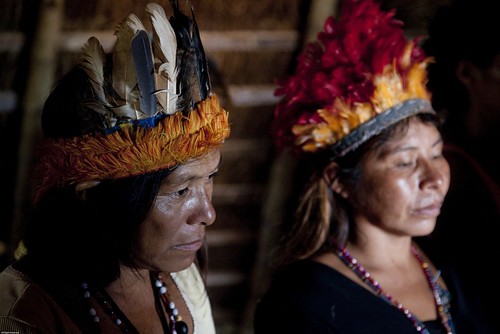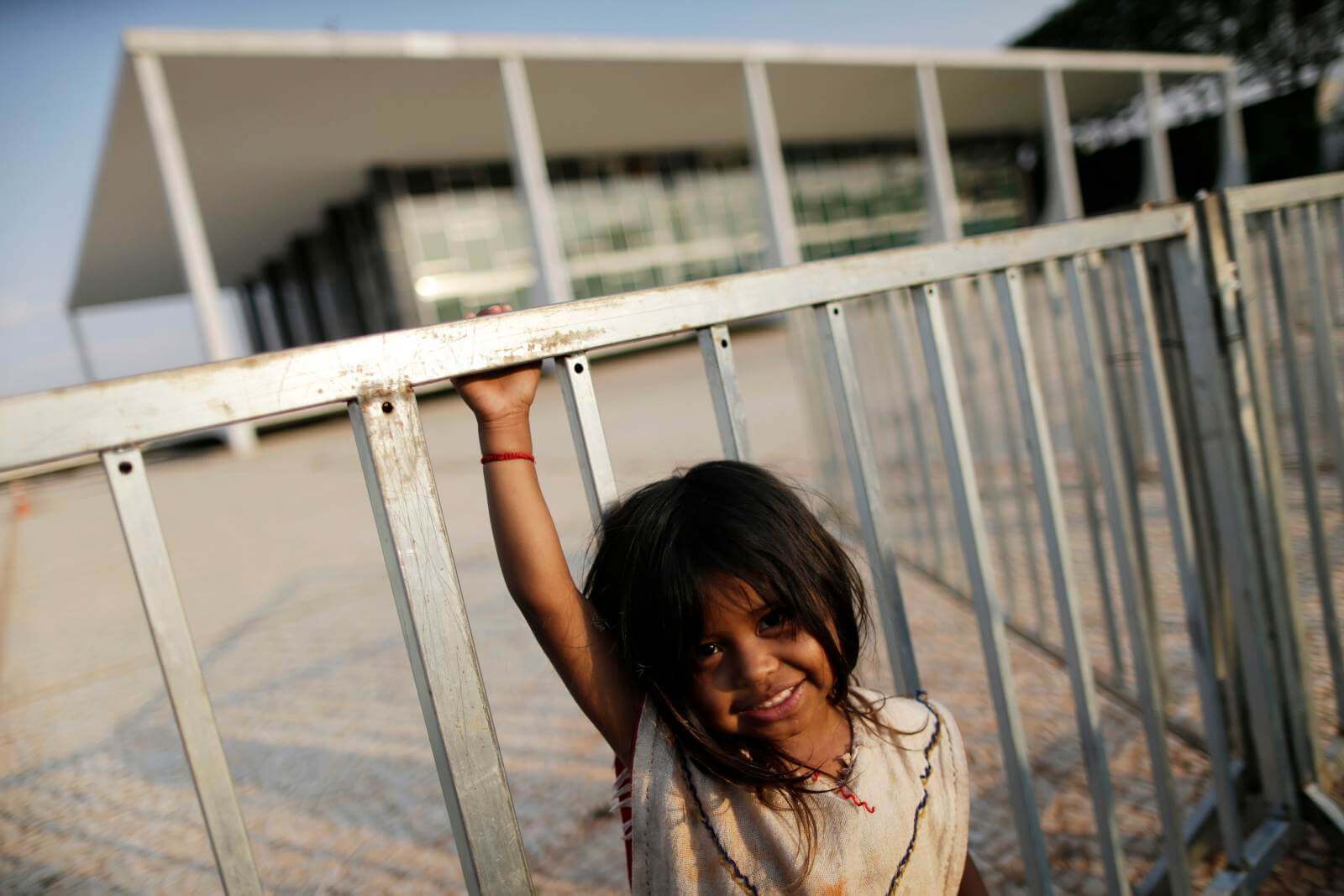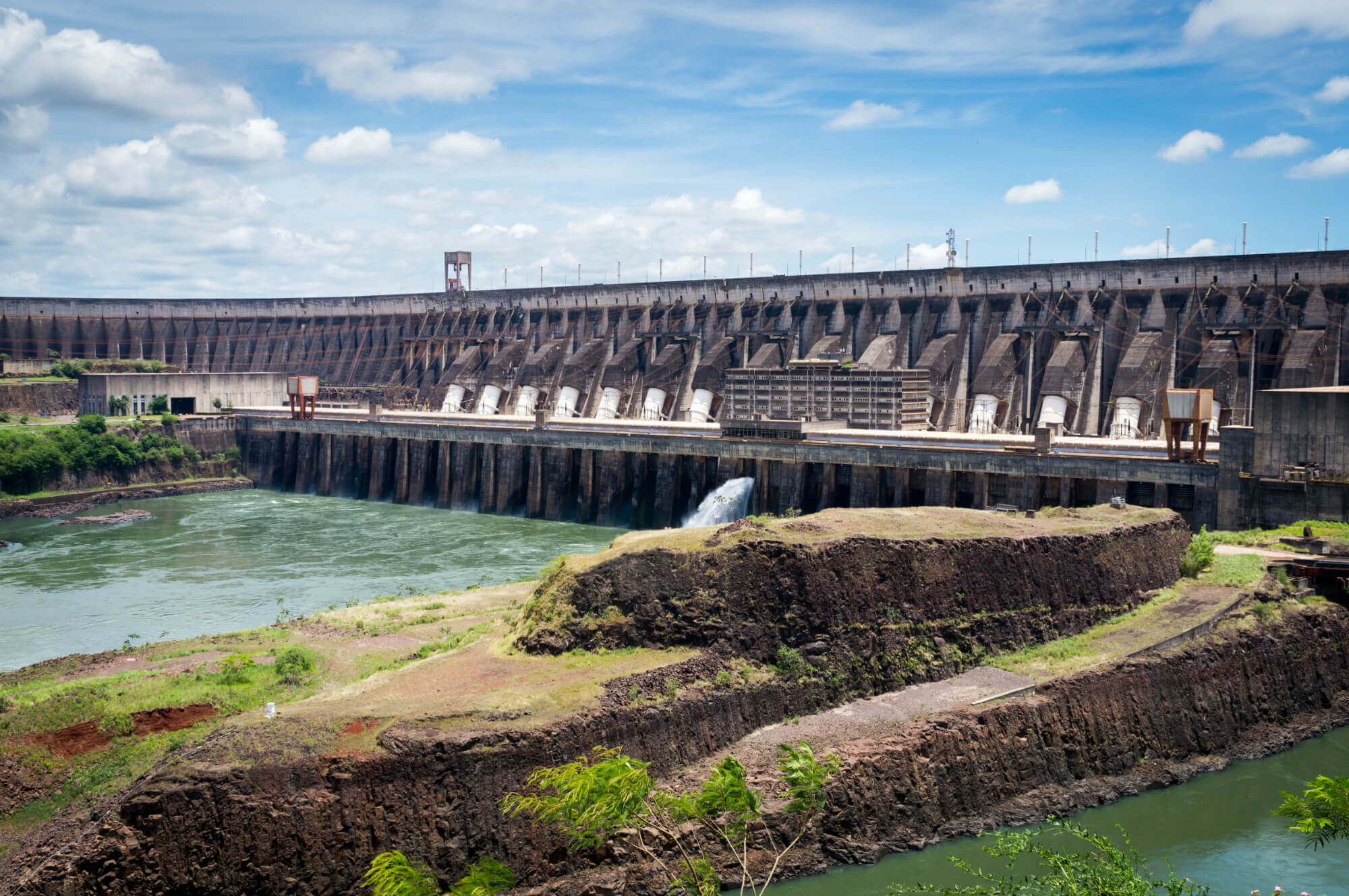
The Guarani are a group of culturally-related indigenous peoples living in several different states, including Paraguay, Argentina, Brazil, Bolivia and Uruguay. The Guarani’s overall population is estimated at 257,400 people.
Three aspects of Guarani life express an identity that gives them a specificity among other indigenous peoples, shaping and creating a “Guarani way of being”: a) the ava ñe’ë (ava: Guarani person, man; ñe’ë: a word that is confused with “soul”) or speech, language, that defines identity in verbal communication; b) the tamõi (grandfather) or common mythical ancestors and c) the ava reko (teko: “being/essence, state of life, condition, custom, law, habit”) or behavior in society, which is sustained through a mythological and ideological framework. These aspects inform the ava (Guarani Man) how to understand experienced situations and the world that surrounds him/her, providing guidelines and reference points for his/her social conduct (Susnik, 1980:12).
There are, however, differences among the Guarani subgroups living in Brazil – the Ñandeva, Kaiowa and Mbya, differences in the linguistic forms, customs, ritual practices, social and political organization, religious orientation, as well as specific forms for interpreting the reality they experience and for interacting according to situations in their history and their present-day circumstances.
Learn more about the Guarani Kaiowá, Guarani Mbya and Guarani Ñandeva at http://pib.socioambiental.org/en




